Learn the words you encounter in texts and listenings, and lots lots more.
OET Vocabulary
There is no specific Vocabulary test paper in the OET. However, all papers test your range of vocabulary, and your accuracy in using it. So, for you to be successful in the OET, it is essential you develop your knowledge of English words.
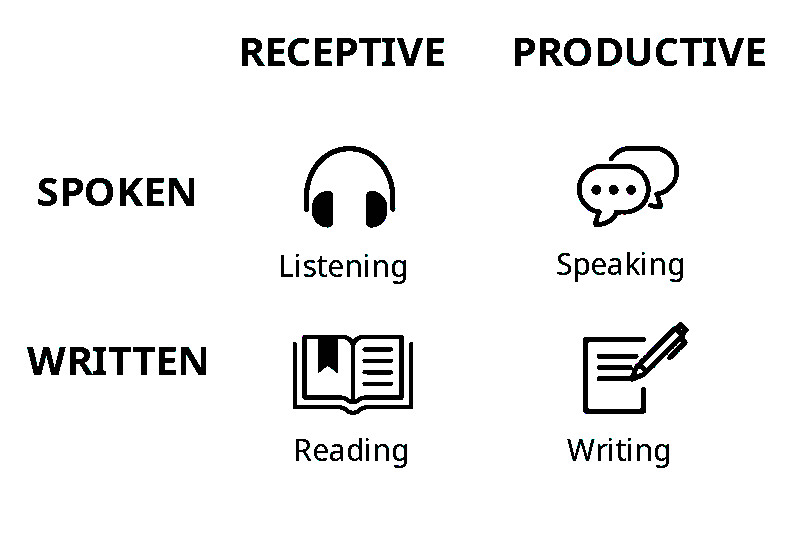
Receptive - Reading and Listening are the receptive papers. They test your understanding of written and spoken English. You should expect to come across some words you have not seen or heard before, but that doesn't mean that unknown words have to be a problem. You must develop skills to guess the meaning of new words from their context and structure. We include a variety ofexercises to help you with this aspect of the exam.
Productive - Writing and Speaking are the productive papers, where you are expected to produce the language. In these papers it is important to show a range of abilities and demonstrate your command of the English language. It is particularly important in writing that you use words appropriately, which includes more than just spelling them correctly. Learning a word has many different layers to it and we will help you to master these.
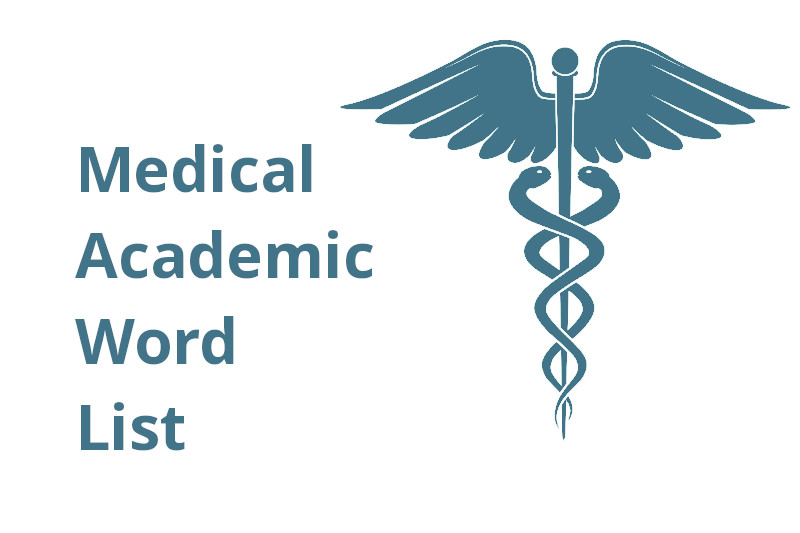
The Medical Academic Word List
Medical English, like any subject, has its own specific set of words that are used frequently. The first two thousand or so words in the English language allow you to take part in everyday conversations with reasonable proficiency. However, the next set of words you learn will probably be related to your work or particular interests, in this case medical English words. The Medical Academic Word List is a collection of words that appear often in medical texts, even though they are often more academic than medical. This is a very useful set of words to learn for OET, as the questions frequently use them, and you will also find them in texts. Depending on your experience and level of English you may know many of these words already, but be sure that you understand them in a medical context, where the meaning may be different. See how many of the Medical Academic Word List you already know by doing a variety of exercises.
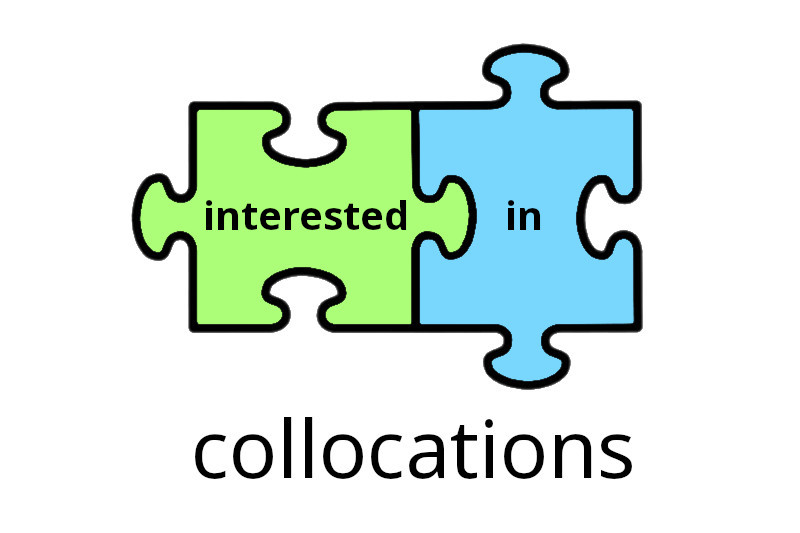
Collocations
It is not just the words you need to learn but how they are used and fit into sentences. Many words use specific preposition, for example, and these must be learnt along with the word.
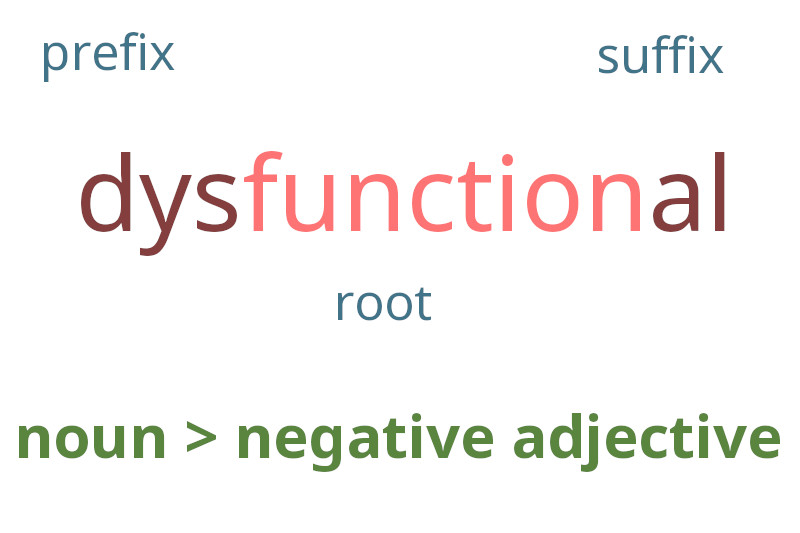
Word formation
Words don't exist in isolation, most of them are members of families. These word families use the same root word to produce different parts of speech, negatives, etc. If you learn a word family rather than individual words, then you will have far more words to use.
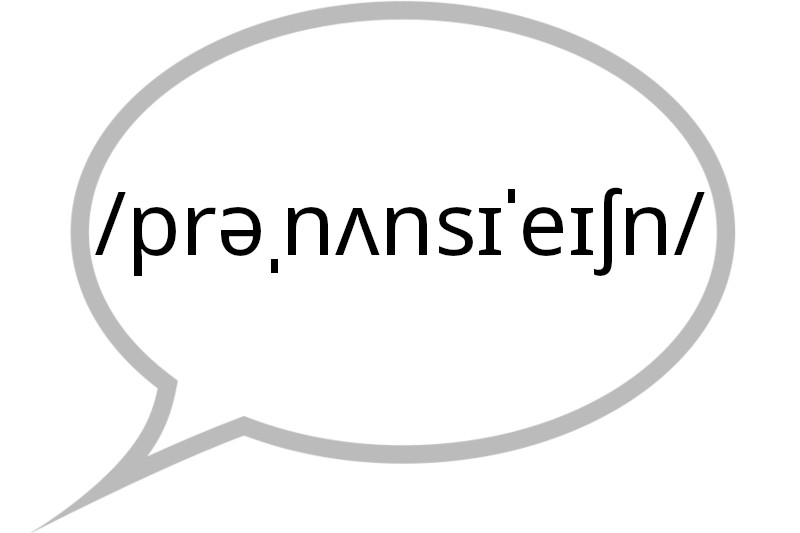
Pronunciation
It is essential that people can understand what you are saying, so pronunciation is very important. There is nothing wrong with having an accent, but your words should be clear.
